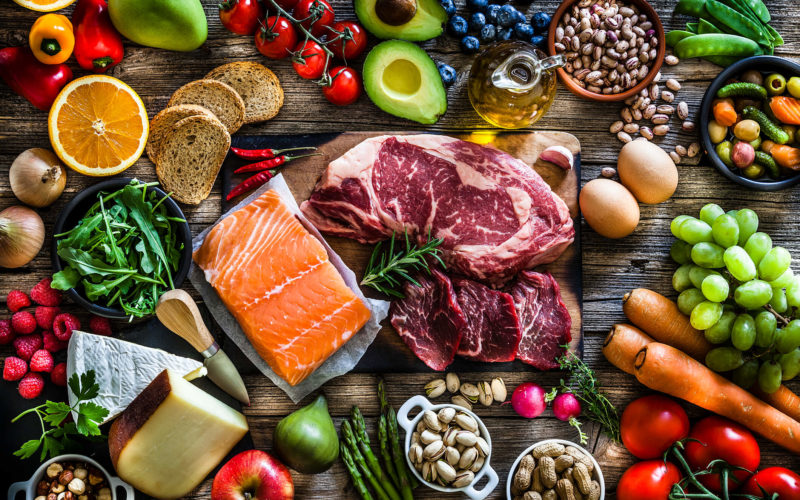Through whole vegetables, launches are directed to consumers within the U.S.
CHICAGO, June 17, 2019,/PRNewswire/ — ZENB, a progressive plant-based business enterprise that was growing healthy and natural foods, these days introduced the release of its lifestyle logo and the debut of its first product to the marketplace, ZENB Veggie Sticks. ZENB earned its name from the Japanese word “zebu,” which means “entire.” Staying true to its call, the organization utilizes complete vegetables in its merchandise and regularly throws away components. Most of all, ZENB is cultivating a lifestyle brand for customers to rethink the technique of plant-based meals and the environment.
Fiber is a vital daily nutrient regularly overlooked by discarding the seeds, peels, and stems of greens. However, ZENB Veggie Sticks assist in increasing fiber consumption by using corn on the cob, beets with the peel, and purple bell peppers with the stem and seeds. In addition to veggies, ZENB uses organic substances that honor and have fun with the simple taste of the vegetable.

“We are committed to reclaiming the real taste of meals and developing sustainably sourced products,” says Christiane Paul, CMO of ZENB, US. “The ZENB Veggie Sticks are simply the beginning of the emblem’s line of products to come back, all promising to foster a way of life devoted to wholesome vitamins and delicious plant-based merchandise.”
Along with the nutritional blessings of using discarded vegetable elements, ZENB is taking a step on the right path to simplifying food waste by educating consumers on the importance of using as many vegetables as possible. Preserving parts that are commonly thrown away now not only impacts nutrients but immediately contributes to warding off pointless meal waste.
ZENB Veggie Sticks are available direct-to-purchaser in corn, beet, and red bell pepper flavors. Single sale and regular subscription packing containers are now available at ZENB.Com, starting at $17.Ninety-nine for a box of six. ZENB additionally gives a free trial percent (plus $four.99 delivery & dealing with and relevant tax) that lets veggie-hungry consumers sample all three flavors. Subject to terms and situations, please see ZENB.Com for greater statistics.
Regarding natural meals versus non-organic food, one of the most crucial questions that most diet-fanatics and food-curious humans need to ask is how to inform the distinction; in other phrases, how do you discover or differentiate organic food from traditional meals?
Frankly, there is no way to tell the difference between organic food and traditional meals. We must depend on human beings to sell us meals straightforwardly. Luckily, there’s a wish in labeling, which tells us which foods are natural and which ingredients are not. The USDA requires natural farms to observe a strict set of recommendations to be certified organic.
Over and above this regulation, there are non-public organic farmers’ institutions with their certification brands. The commonplace element amongst all of those is that, besides the accreditation, they also have seals with which they stamp ingredients and meal merchandise.
Labeling & components profile
When identifying natural food versus non-organic food, one of the simplest strategies is “labeling” or ingredients’ profile. So, if you do not feel too at ease about going to your nearest market to get your organic produce, you may check out the labels in your grocery store. If any of the ingredients deemed organic in the shop convey one of the many organic certified seals and labels, you can be confident that it has been organically produced. However, the one component you might need to look out for is precisely what the labels say. Even though certification and labeling state that the food you buy is natural, there are extraordinary organic degrees. This is the case now, not for the culmination and the vegetables you purchase fresh from the store; however, the case for the numerous processed and pre-packaged organic ingredients generally tends to have more than one factor.
Therefore, even though you may accept that the product you are getting is completely organic, you might need to test once more what Thebel says to get the real story. If you are taking packaged organic foods, the labeling could consist of not only the seal stating that it’s miles crafted from organic produce but also a few keywords to be able to tell you exactly how many natural meals are in the package, if simplest you recognize the way to apprehend what they may be telling you.




